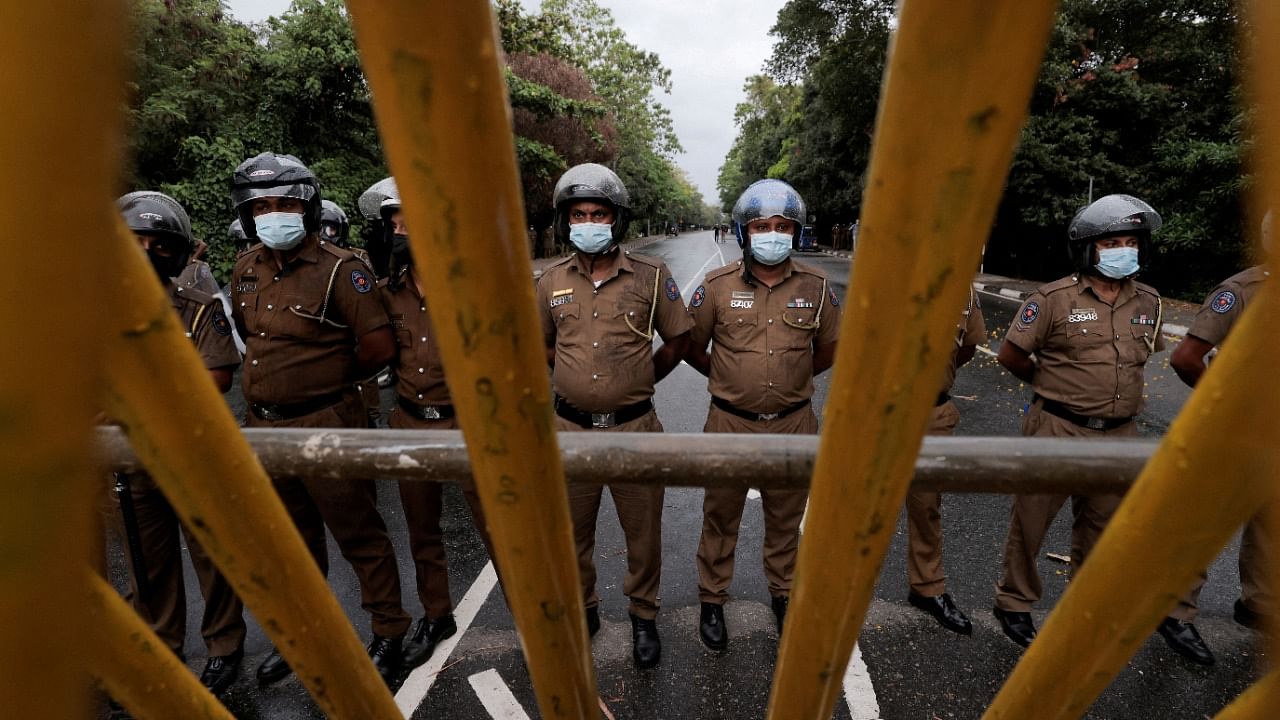
Sri Lanka’s economic crisis has turned into a crisis of political power. The President, Gotabaya Rajapaksa, is under siege from protests across the country. How did the country reach this tipping point? While the entire world experienced the pain and suffering of the Covid-19 pandemic, the specific circumstances interacted with the country’s fragile and dependent economic structure to produce a breakdown of unprecedented scale.
The last time Sri Lanka experienced a crisis of similar proportions was during the 1970s, and in the aftermath, it became the first country in South Asia to liberalise its economy. Sri Lanka’s welfare programmes were severely underfunded because of subsequent neoliberal policies. Accordingly, the entire population is now exposed to the harshest effects of the current economic crisis. In addition to ubiquitous fuel queues, people are experiencing shortages of essential commodities. Some are even facing the possibility of starvation.
The economic crisis exposed the country’s over-reliance on financial markets. Around 40 per cent of Sri Lanka’s external debt are sovereign bonds owed to private actors such as bondholders. When the Covid-19 pandemic hit, the country’s economy shut down. In 2020, Sri Lanka, like much of the rest of the South Asian region, experienced an economic depression. Its GDP contracted by 3.6 per cent.
The pain became more severe because the country’s main foreign earnings dried up; tourism came to a halt, and migrant remittances declined. Garment, tea and rubber exports held up to a degree. But the country’s trade deficit only grew as imports continued to flow into the country, outpacing exports. The country’s bonds collapsed because of negative sentiment in the global capital markets, which made it impossible to roll over past loans with new ones like it had previously.
President Gotabaya Rajapaksa continued to focus on consolidating authoritarian power with parliamentary elections and regressive legal measures while neglecting the escalating economic crisis. The government pursued an extremely misguided ban on imported chemical fertilisers precisely when the country needed to boost its domestic food production. Through its omissions and commissions, the government exacerbated the economic crisis.
Firmly entrenched in the Sinhala Buddhist nationalist project and coming from a military background, Gotabaya Rajapaksa was initially swept to power in 2019 on the claim that he would ensure national security and run the country on an efficient and technocratic basis. Extremely hostile to criticism, the regime refused to undergo the necessary changes that would have created a democratic space to resolve the economic problems. Instead of promoting domestic production, import substitution and a public distribution system, it bandied the pre-crisis manifesto of “Vistas of Prosperity and Splendour” into late last year.
Now, however, the charade has been revealed. The people have come out onto the streets in a flood of collective anger and resistance. While the protestors are across ethnic, regional, and class lines, one demand has overwhelming widespread consensus: Gotabaya must resign, and the Rajapaksa family must be held accountable. The Rajapaksas attempted to turn Sri Lanka into their fiefdom. Accordingly, the protests are a necessary democratic correction of this trend.
But the economic question remains. Will Sri Lanka finally undergo a transformation of its economic structure through wealth redistribution and the prioritisation of working people’s needs? The country needs to shift away from the structures of dependency – including financialisation, trade liberalisation and tourism – that led to this crisis. The need of the hour is a democratic social contract with people based on immediate relief, food self-sufficiency, and welfare rejuvenation.
(Dr Ahilan Kadirgamar is a Senior Lecturer at the University of Jaffna, and Dr Devaka Gunawardena is an independent researcher.)
Disclaimer: The views expressed above are the author's own. They do not necessarily reflect the views of DH.